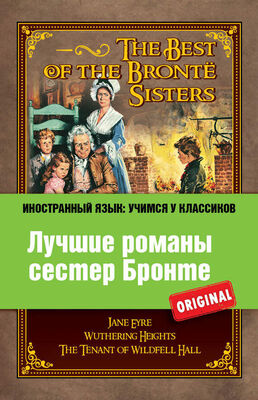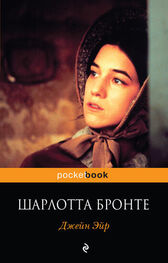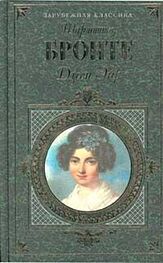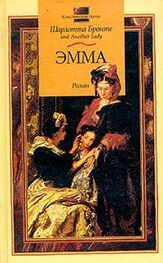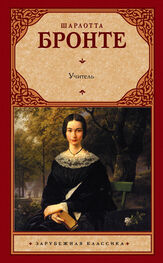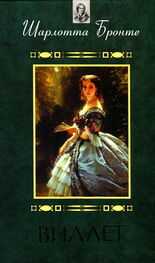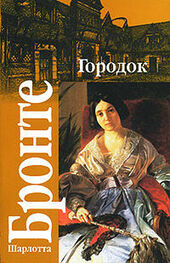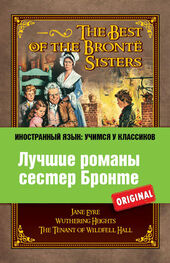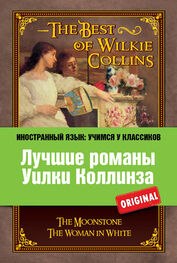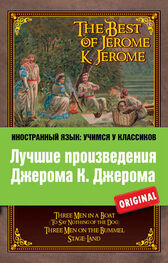Habitually obedient to John, I came up to his chair: he spent some three minutes in thrusting out his tongue at me as far as he could without damaging the roots: I knew he would soon strike, and while dreading the blow, I mused on the disgusting and ugly appearance of him who would presently deal it. I wonder if he read that notion in my face; for, all at once, without speaking, he struck suddenly and strongly. I tottered, and on regaining my equilibrium retired back a step or two from his chair.
“That is for your impudence in answering mama awhile since,” said he, “and for your sneaking way of getting behind curtains, and for the look you had in your eyes two minutes since, you rat!”
Accustomed to John Reed’s abuse, I never had an idea of replying to it; my care was how to endure the blow which would certainly follow the insult.
“What were you doing behind the curtain?” he asked.
“I was reading.”
“Show the book.”
I returned to the window and fetched it thence.
“You have no business to take our books; you are a dependent, mama says; you have no money; your father left you none; you ought to beg, and not to live here with gentlemen’s children like us, and eat the same meals we do, and wear clothes at our mama’s expense. Now, I’ll teach you to rummage my bookshelves: for they are mine; all the house belongs to me, or will do in a few years. Go and stand by the door, out of the way of the mirror and the windows.”
I did so, not at first aware what was his intention; but when I saw him lift and poise the book and stand in act to hurl it, I instinctively started aside with a cry of alarm: not soon enough, however; the volume was flung, it hit me, and I fell, striking my head against the door and cutting it. The cut bled, the pain was sharp: my terror had passed its climax; other feelings succeeded.
“Wicked and cruel boy!” I said. “You are like a murderer – you are like a slave-driver – you are like the Roman emperors!”
I had read Goldsmith’s History of Rome, and had formed my opinion of Nero, Caligula, &c. Also I had drawn parallels in silence, which I never thought thus to have declared aloud.
“What! what!” he cried. “Did she say that to me? Did you hear her, Eliza and Georgiana? Won’t I tell mama? but first —”
He ran headlong at me: I felt him grasp my hair and my shoulder: he had closed with a desperate thing. I really saw in him a tyrant, a murderer. I felt a drop or two of blood from my head trickle down my neck, and was sensible of somewhat pungent suffering: these sensations for the time predominated over fear, and I received him in frantic sort. I don’t very well know what I did with my hands, but he called me “Rat! Rat!” and bellowed out aloud. Aid was near him: Eliza and Georgiana had run for Mrs. Reed, who was gone upstairs: she now came upon the scene, followed by Bessie and her maid Abbot. We were parted: I heard the words –
“Dear! dear! What a fury to fly at Master John!”
“Did ever anybody see such a picture of passion!”
Then Mrs. Reed subjoined –
“Take her away to the red-room, and lock her in there.” Four hands were immediately laid upon me, and I was borne upstairs.
I resisted all the way: a new thing for me, and a circumstance which greatly strengthened the bad opinion Bessie and Miss Abbot were disposed to entertain of me. The fact is, I was a trifle beside myself; or rather out of myself, as the French would say: I was conscious that a moment’s mutiny had already rendered me liable to strange penalties, and, like any other rebel slave, I felt resolved, in my desperation, to go all lengths.
“Hold her arms, Miss Abbot: she’s like a mad cat.”
“For shame! for shame!” cried the lady’s-maid. “What shocking conduct, Miss Eyre, to strike a young gentleman, your benefactress’s son! Your young master.”
“Master! How is he my master? Am I a servant?”
“No; you are less than a servant, for you do nothing for your keep. There, sit down, and think over your wickedness.”
They had got me by this time into the apartment indicated by Mrs. Reed, and had thrust me upon a stool: my impulse was to rise from it like a spring; their two pair of hands arrested me instantly.
“If you don’t sit still, you must be tied down,” said Bessie. “Miss Abbot, lend me your garters; she would break mine directly.”
Miss Abbot turned to divest a stout leg of the necessary ligature. This preparation for bonds, and the additional ignominy it inferred, took a little of the excitement out of me.
“Don’t take them off,” I cried; “I will not stir.”
In guarantee whereof, I attached myself to my seat by my hands.
“Mind you don’t,” said Bessie; and when she had ascertained that I was really subsiding, she loosened her hold of me; then she and Miss Abbot stood with folded arms, looking darkly and doubtfully on my face, as incredulous of my sanity.
“She never did so before,” at last said Bessie, turning to the Abigail.
“But it was always in her,” was the reply. “I’ve told Missis often my opinion about the child, and Missis agreed with me. She’s an underhand little thing: I never saw a girl of her age with so much cover.”
Bessie answered not; but ere long, addressing me, she said – “You ought to be aware, Miss, that you are under obligations to Mrs. Reed: she keeps you: if she were to turn you off, you would have to go to the poorhouse.”
I had nothing to say to these words: they were not new to me: my very first recollections of existence included hints of the same kind. This reproach of my dependence had become a vague sing-song in my ear: very painful and crushing, but only half intelligible. Miss Abbot joined in —
“And you ought not to think yourself on an equality with the Misses Reed and Master Reed, because Missis kindly allows you to be brought up with them. They will have a great deal of money, and you will have none: it is your place to be humble, and to try to make yourself agreeable to them.”
“What we tell you is for your good,” added Bessie, in no harsh voice, “you should try to be useful and pleasant, then, perhaps, you would have a home here; but if you become passionate and rude, Missis will send you away, I am sure.”
“Besides,” said Miss Abbot, “God will punish her: He might strike her dead in the midst of her tantrums, and then where would she go? Come, Bessie, we will leave her: I wouldn’t have her heart for anything. Say your prayers, Miss Eyre, when you are by yourself; for if you don’t repent, something bad might be permitted to come down the chimney and fetch you away.”
They went, shutting the door, and locking it behind them.
The red-room was a square chamber, very seldom slept in, I might say never, indeed, unless when a chance influx of visitors at Gateshead Hall rendered it necessary to turn to account all the accommodation it contained: yet it was one of the largest and stateliest chambers in the mansion. A bed supported on massive pillars of mahogany, hung with curtains of deep red damask, stood out like a tabernacle in the centre; the two large windows, with their blinds always drawn down, were half shrouded in festoons and falls of similar drapery; the carpet was red; the table at the foot of the bed was covered with a crimson cloth; the walls were a soft fawn colour with a blush of pink in it; the wardrobe, the toilet-table, the chairs were of darkly polished old mahogany. Out of these deep surrounding shades rose high, and glared white, the piled-up mattresses and pillows of the bed, spread with a snowy Marseilles [3] counterpane. Scarcely less prominent was an ample cushioned easy-chair near the head of the bed, also white, with a footstool before it; and looking, as I thought, like a pale throne.
Читать дальше